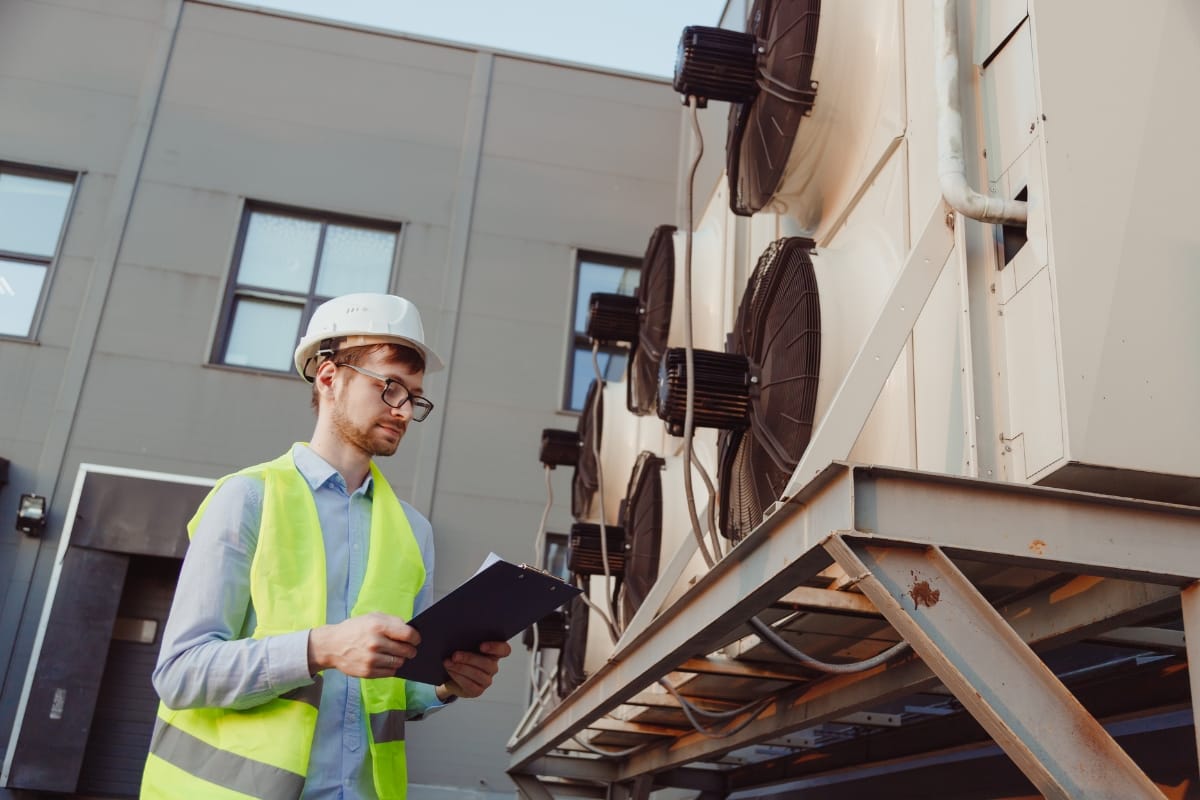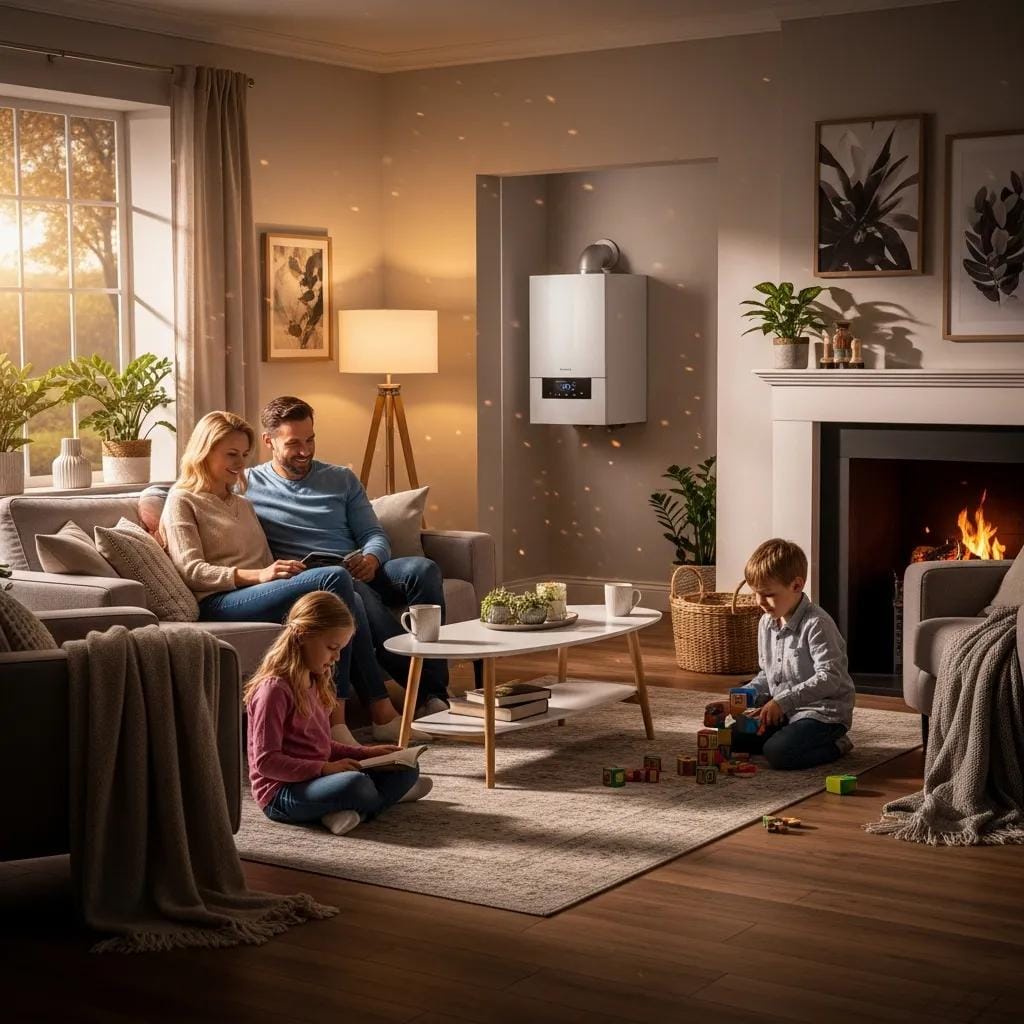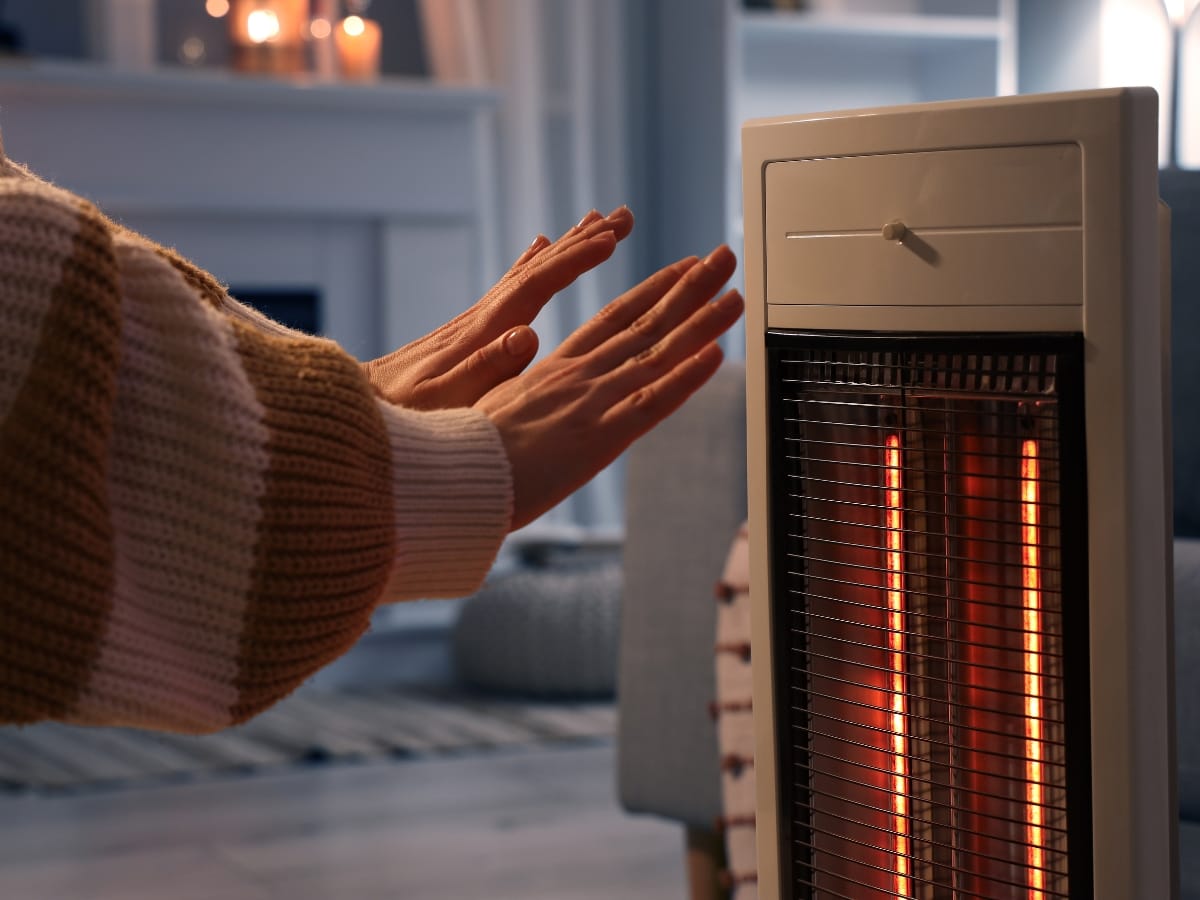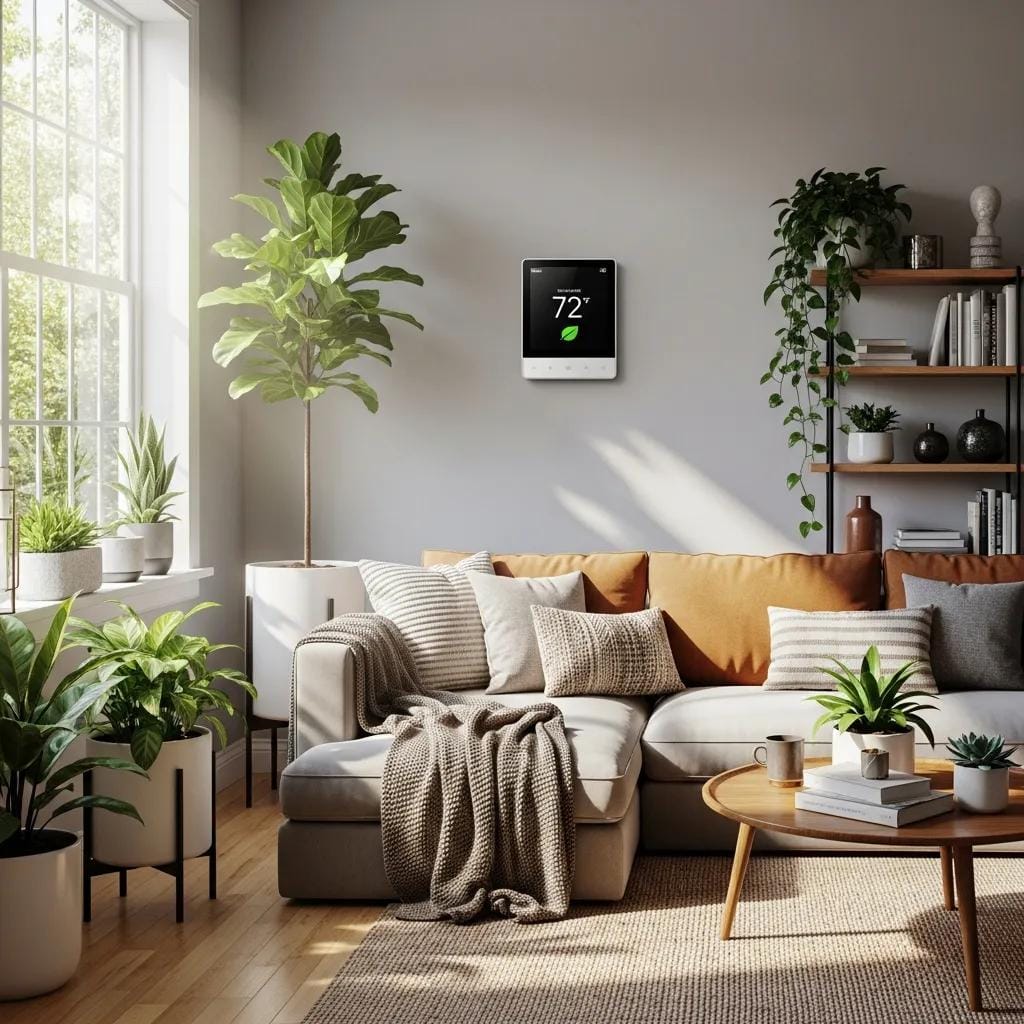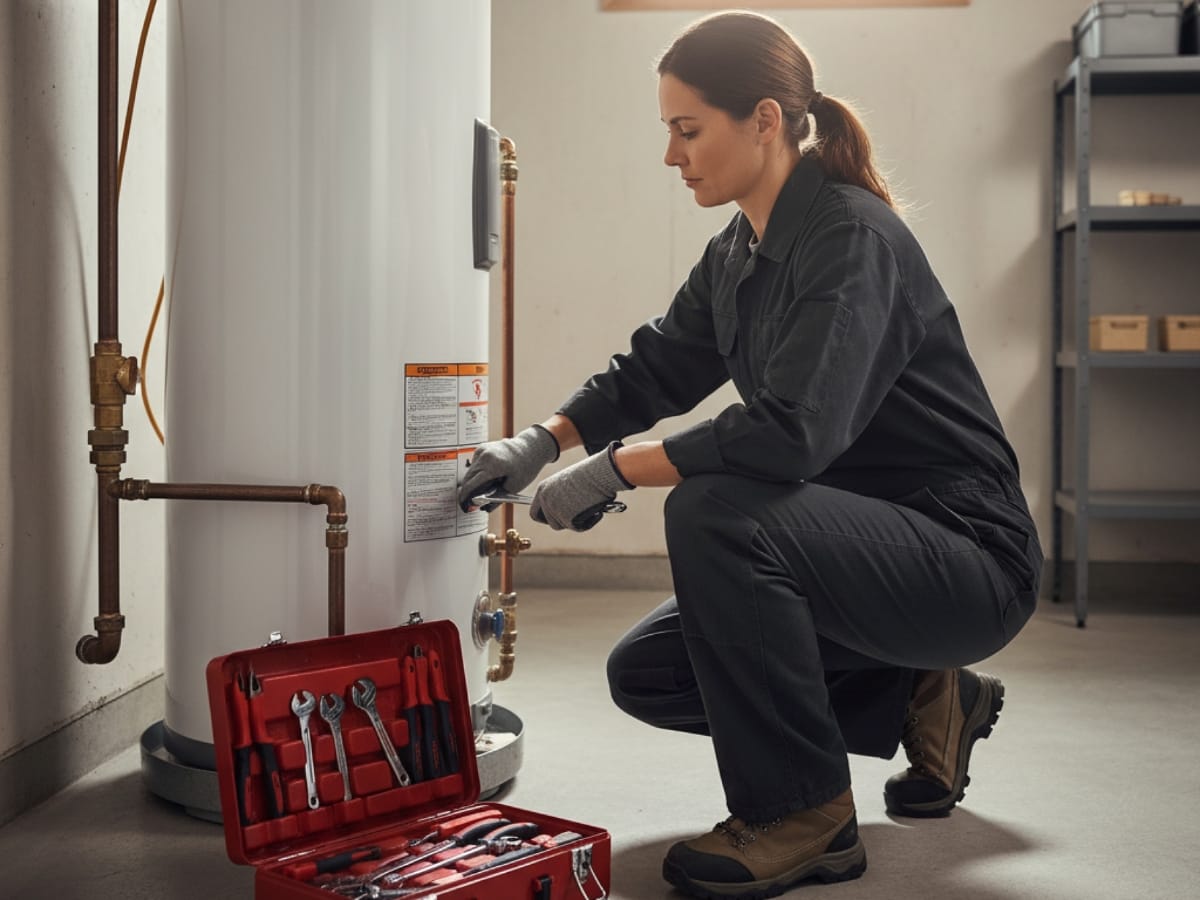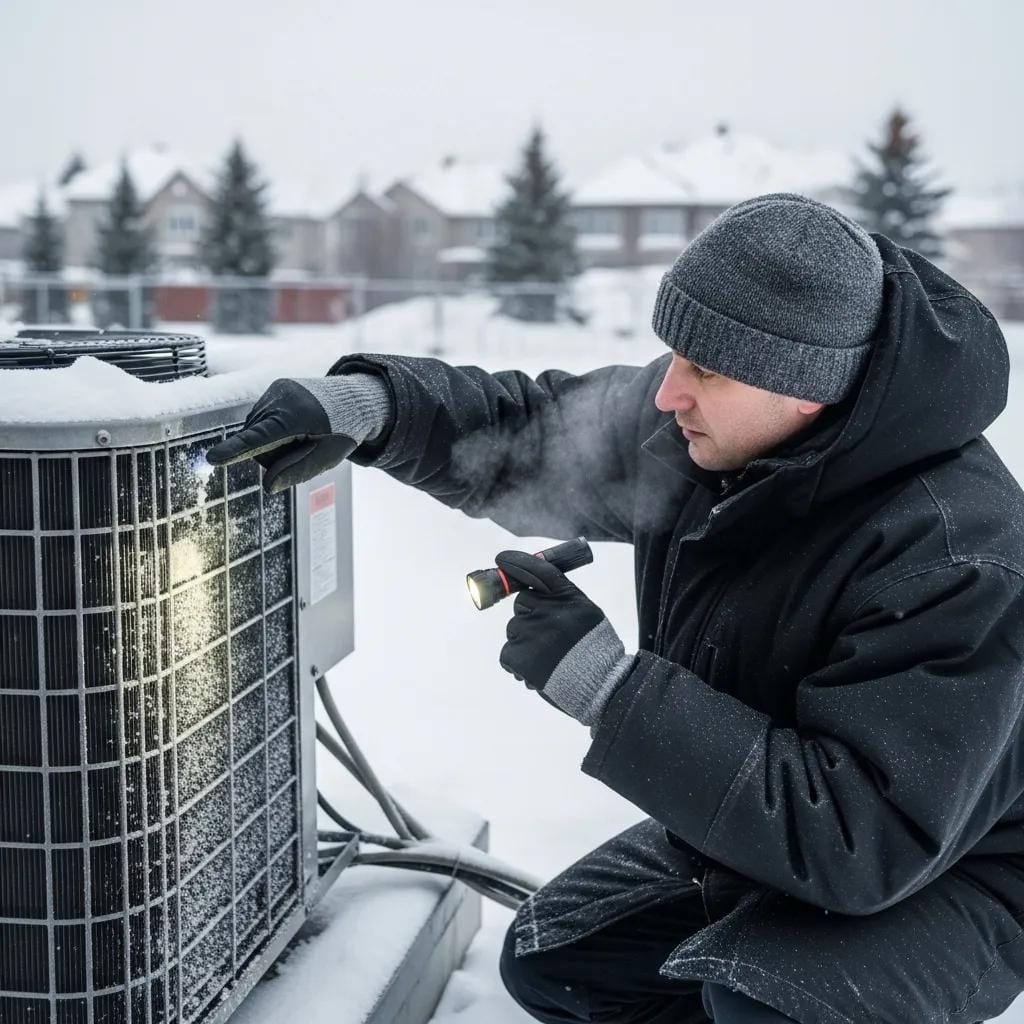When buying or selling a property, the performance of the HVAC system plays a crucial role in both comfort and value. An HVAC real estate inspection ensures that the system is operating efficiently and helps identify potential issues before they become costly repairs.
A thorough inspection not only provides peace of mind to buyers and sellers but also enhances the overall value of the property.
In this guide, we’ll explore the importance of an HVAC real estate inspection in real estate transactions, covering key areas to assess and expert tips for ensuring top performance. Understanding the condition of the HVAC system is essential for making informed decisions and maximizing property value.
Unmasking the Importance of HVAC Inspections in Real Estate
Understanding the Impact of HVAC on Property Value
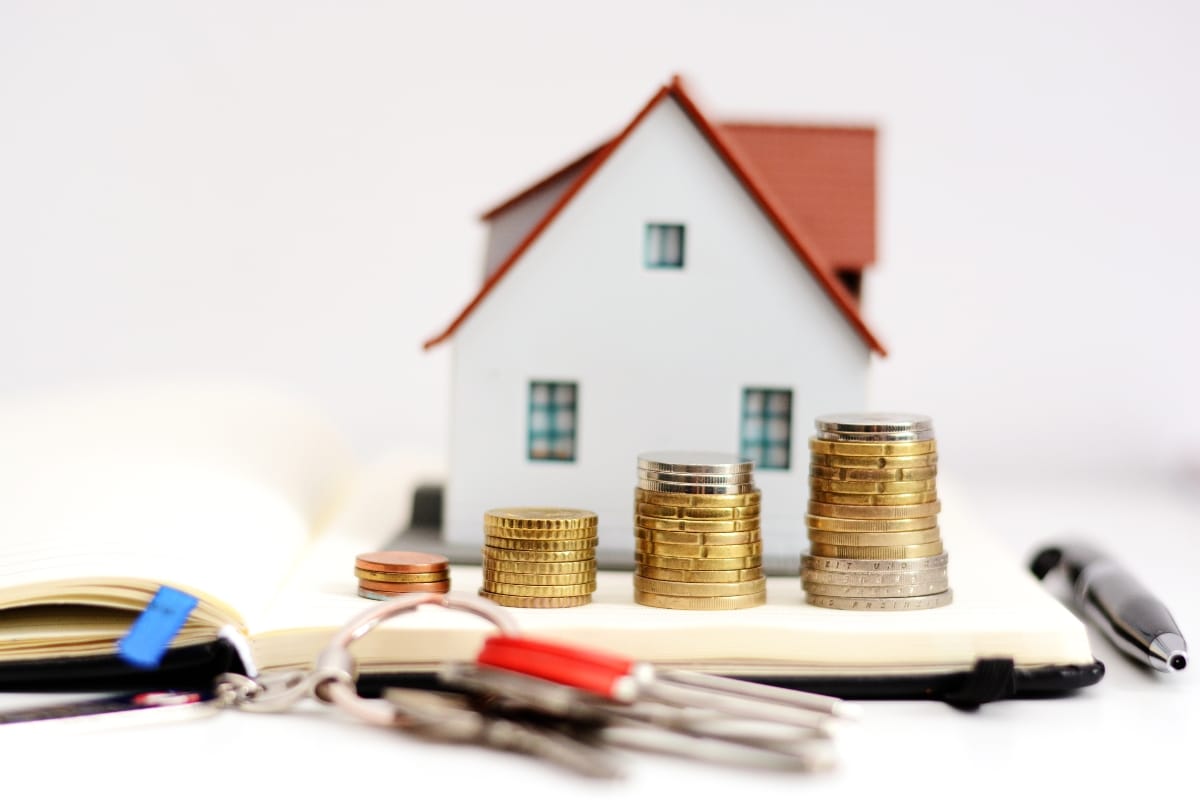
The condition of an HVAC system plays a significant role in determining a property’s value. A modern, well-maintained HVAC system not only enhances the comfort of a home but also improves its energy efficiency, which can lead to lower utility bills. Prospective buyers often prioritize properties with energy-efficient systems because of the long-term cost savings and reduced environmental impact.
In addition to comfort and savings, newer HVAC systems are more likely to meet current environmental regulations and building codes, further increasing a home’s marketability. Buyers are generally more inclined to pay a premium for a property with an updated system, knowing it requires fewer repairs and will perform efficiently for years.
On the other hand, an outdated or poorly maintained HVAC system can significantly reduce a property’s value. Buyers may hesitate to make an offer or use the need for expensive repairs as leverage in price negotiations. For sellers, failing to address HVAC issues can lead to longer selling times and lower offers, making it crucial to maintain or upgrade HVAC systems before listing a property.
By investing in the upkeep or replacement of these systems, homeowners can not only preserve but potentially boost their property’s market value.
Key Components of an HVAC Real Estate Inspection
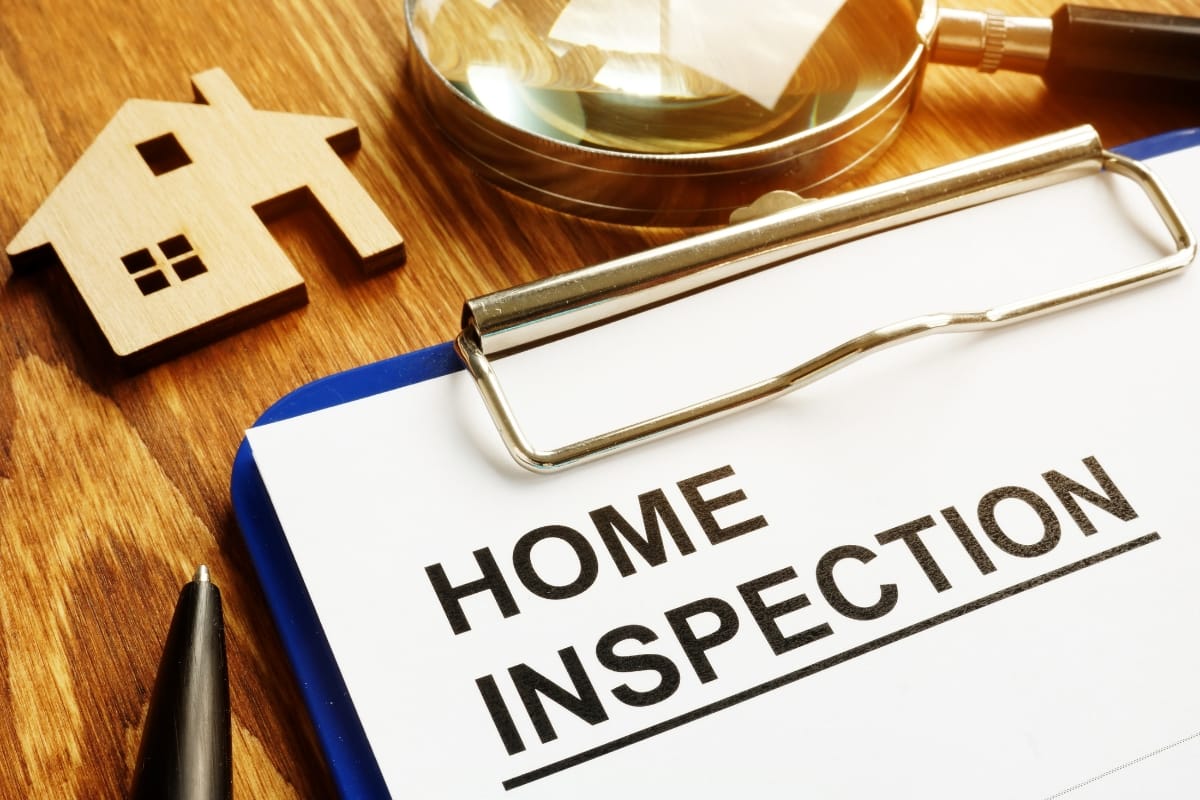
A home HVAC inspection during a real estate transaction is critical to ensure the system is functioning efficiently and will not require immediate costly repairs. Inspectors thoroughly assess several key components to determine the system’s overall condition and identify any potential issues.
One of the first things an inspector will look at is the age and condition of the HVAC system. Older systems, especially those nearing the end of their typical lifespan (usually around 10-15 years for most systems), are more likely to need repairs or replacement soon.
Efficiency ratings are also evaluated to determine if the unit meets modern energy-saving standards. Outdated systems can be a red flag for buyers due to higher energy consumption and potential future costs.
Inspectors will also examine the ductwork and ventilation system for leaks, blockages, or damage that could reduce airflow and impact heating or cooling efficiency. The thermostat and controls are checked to ensure proper temperature regulation and system functionality, while electrical connections and wiring are inspected for safety concerns.
Any signs of leaks or refrigerant issues are investigated, as these problems can significantly affect the system’s performance and indicate underlying mechanical issues.
By thoroughly evaluating these components, inspectors provide valuable insights for both buyers and sellers, helping them understand the condition of the HVAC system and plan for any necessary repairs or replacements.
For buyers, this information is essential for negotiating the final sale price or requesting necessary repairs before finalizing the purchase. Meanwhile, sellers can take advantage of the inspection results to fix any problems ahead of time, potentially boosting the property’s attractiveness and overall market value.
Recognizing Common HVAC Issues During Inspections
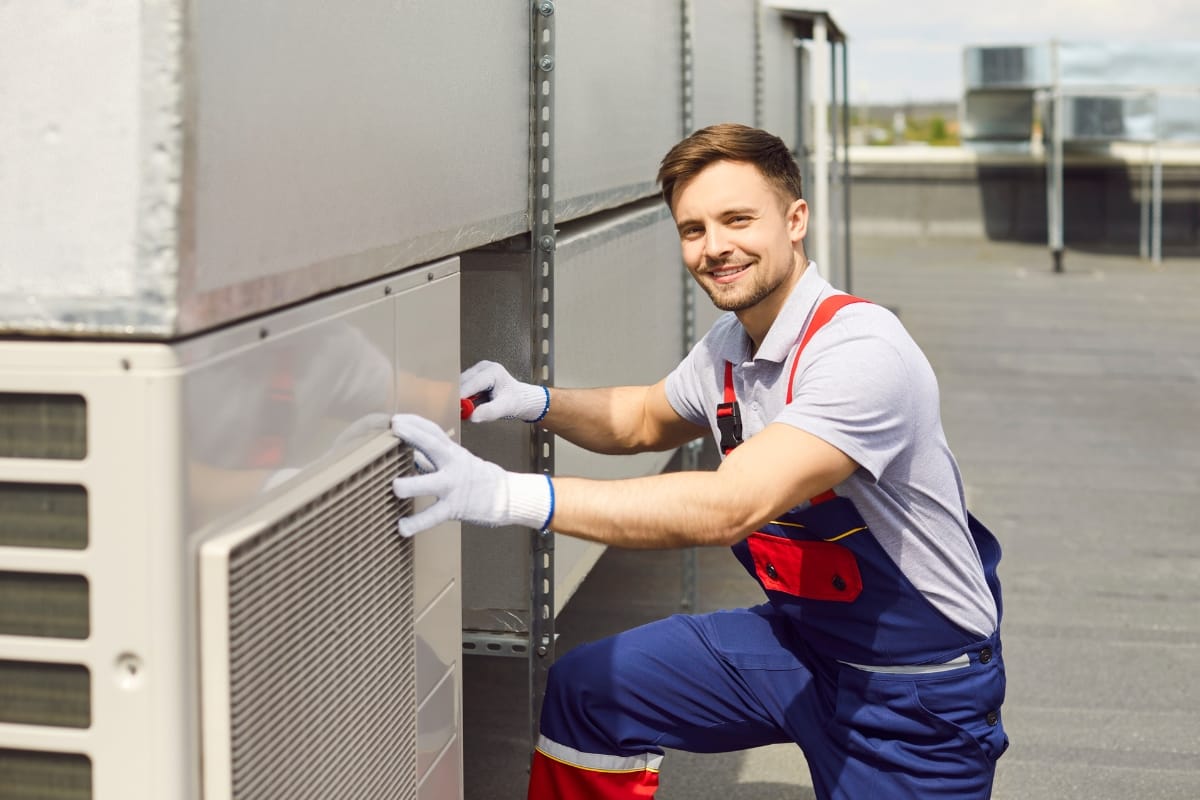
During an HVAC inspection, certain common issues may arise. These issues can significantly impact a property’s value and should be addressed promptly. Some common HVAC problems include:
- Inefficient or Outdated Systems: Older systems may have lower energy efficiency ratings, leading to higher utility bills. Upgrading to an energy-efficient system can offer long-term savings and increase a property’s appeal to potential buyers. Additionally, older systems may require frequent repairs, making them less reliable over time.
- Poor Air Quality: Ductwork that hasn’t been cleaned or maintained properly can lead to poor indoor air quality. Dust, allergens, and debris buildup in the system can cause respiratory problems or discomfort for occupants. Regular duct cleaning and air filter replacements are essential for maintaining a healthy environment.
- Lack of Maintenance: Neglected systems are more prone to breakdowns and costly repairs. Routine maintenance, such as inspecting and servicing HVAC components, can help extend the life of the system and prevent unexpected issues from arising during an inspection.
- Inadequate Insulation: Insufficient insulation can result in temperature inconsistencies and energy wastage. Proper insulation ensures the HVAC system works efficiently, maintaining comfortable indoor temperatures and reducing energy consumption.
By recognizing these common issues during inspections, buyers can make informed decisions about whether to proceed with the purchase or negotiate repairs or replacements.
Sellers, on the other hand, can proactively address these problems to enhance their property’s market value and appeal. Properly addressing HVAC equipment concerns ahead of time not only improves system performance but also contributes to a smoother transaction process.
Importance of Regular Maintenance for HVAC Systems
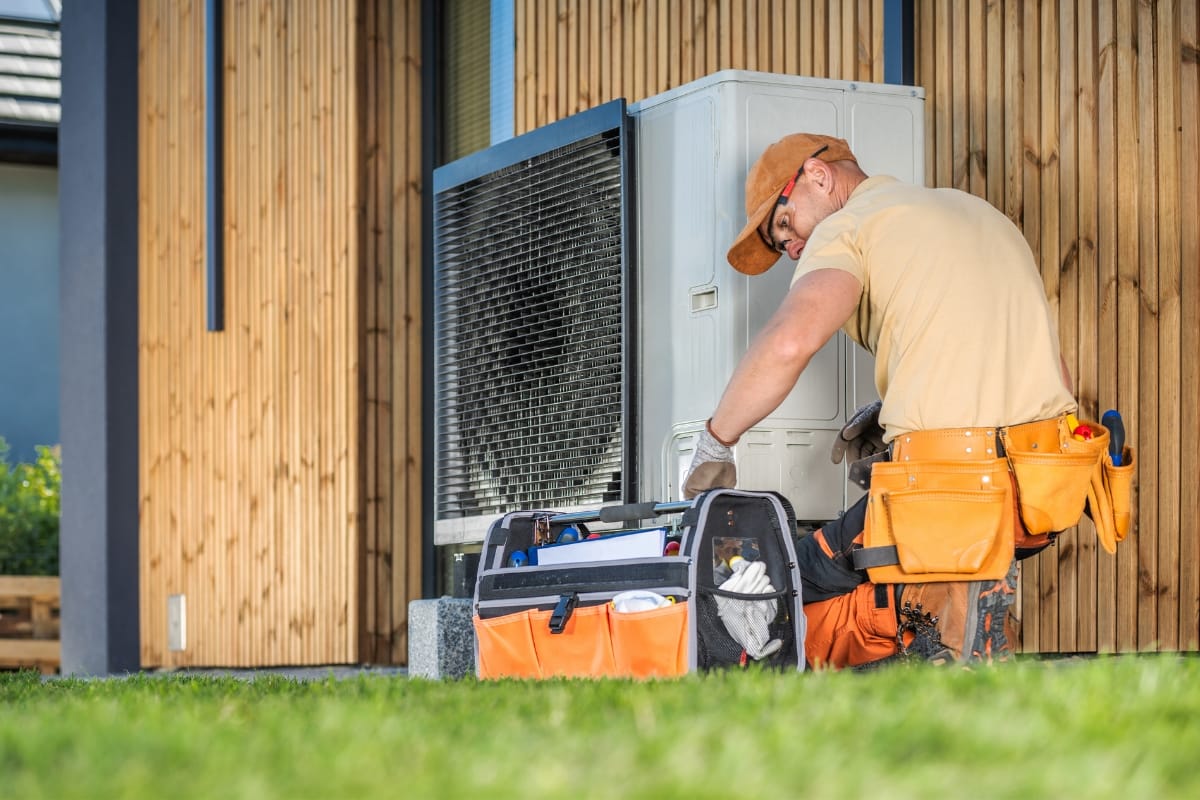
Maintaining an HVAC system is crucial for its optimal performance and longevity. Regular maintenance helps prevent breakdowns, improves energy efficiency, and extends the system’s lifespan.
Neglecting routine checks can lead to minor issues escalating into major problems, resulting in costly repairs or replacements. For buyers, properties with well-maintained HVAC systems provide peace of mind and reduce the likelihood of unexpected repair costs. A system that operates efficiently also reduces energy consumption, contributing to lower utility bills, which can be an attractive selling point.
Sellers who have a history of regular maintenance can showcase this as a selling point, assuring potential buyers that the HVAC system has been well taken care of.
Providing maintenance records and scheduling professional inspections before listing the property can help increase its value and attract more interested buyers. An HVAC system that has been consistently serviced signals to buyers that the home has been cared for in other aspects as well, giving them confidence in their investment.
Regular maintenance help can extend the life of the system, reducing the need for a costly replacement and further boosting the property’s appeal. Taking the time to maintain and document your HVAC system can ultimately lead to a smoother selling process and increased buyer satisfaction.
Negotiating Repairs and Replacements Post-Inspection
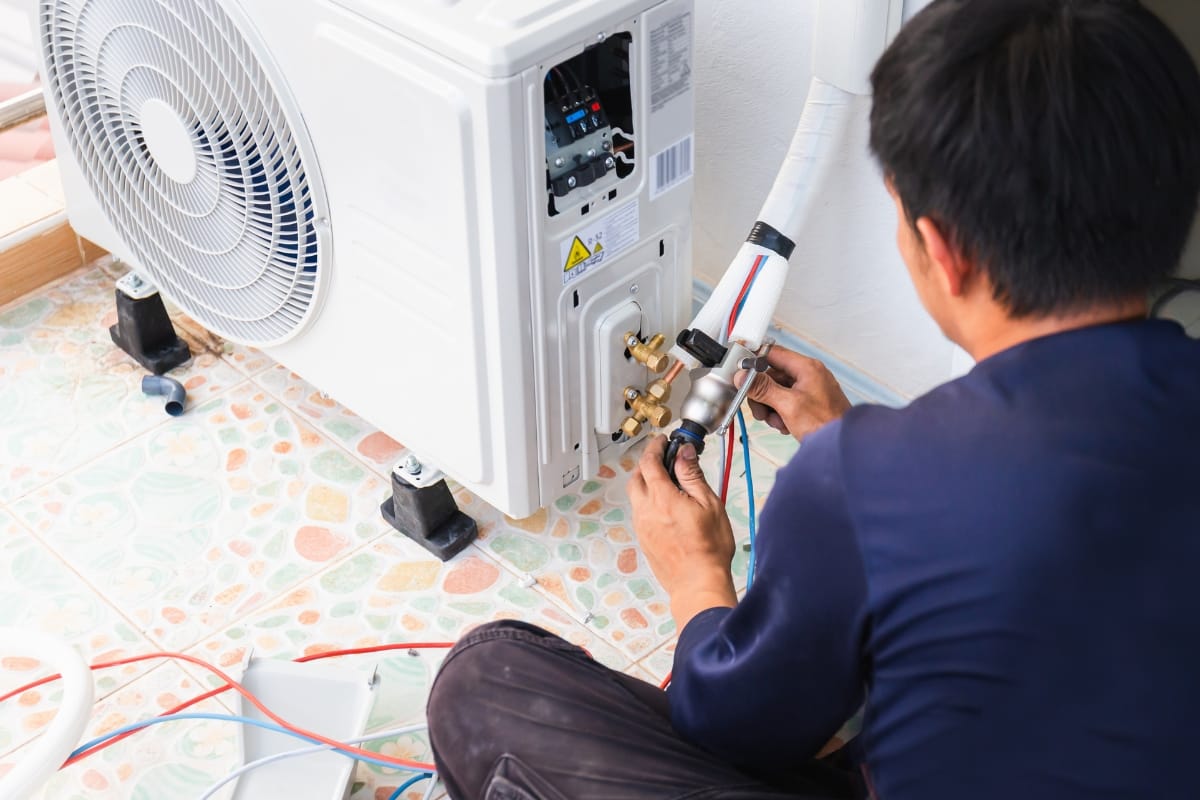
Once an HVAC inspection highlights issues or areas for improvement, it’s common for negotiations to take place between the buyer and seller. Buyers may request repairs or replacements as part of their terms for moving forward with the purchase. In these cases, it’s important for both parties to approach the conversation openly and professionally.
Sellers, in particular, should carefully evaluate the buyer’s requests to maintain positive relations while keeping their own financial goals in mind. It’s essential to strike a balance between addressing necessary repairs and avoiding unnecessary expenses. Offering to cover minor repairs or replace outdated components may reassure the buyer, increasing the likelihood of a successful sale without significantly impacting the seller’s return on investment.
For larger issues, both parties might explore cost-sharing options, such as agreeing on repair allowances or adjusting the sale price to reflect the cost of HVAC replacements.
Additionally, sellers could obtain multiple estimates to ensure they are making cost-effective decisions. Collaborative discussions often result in win-win outcomes, helping to keep negotiations smooth while ensuring that the buyer receives a properly functioning HVAC system.
Enhancing Energy Efficiency Through HVAC Upgrades
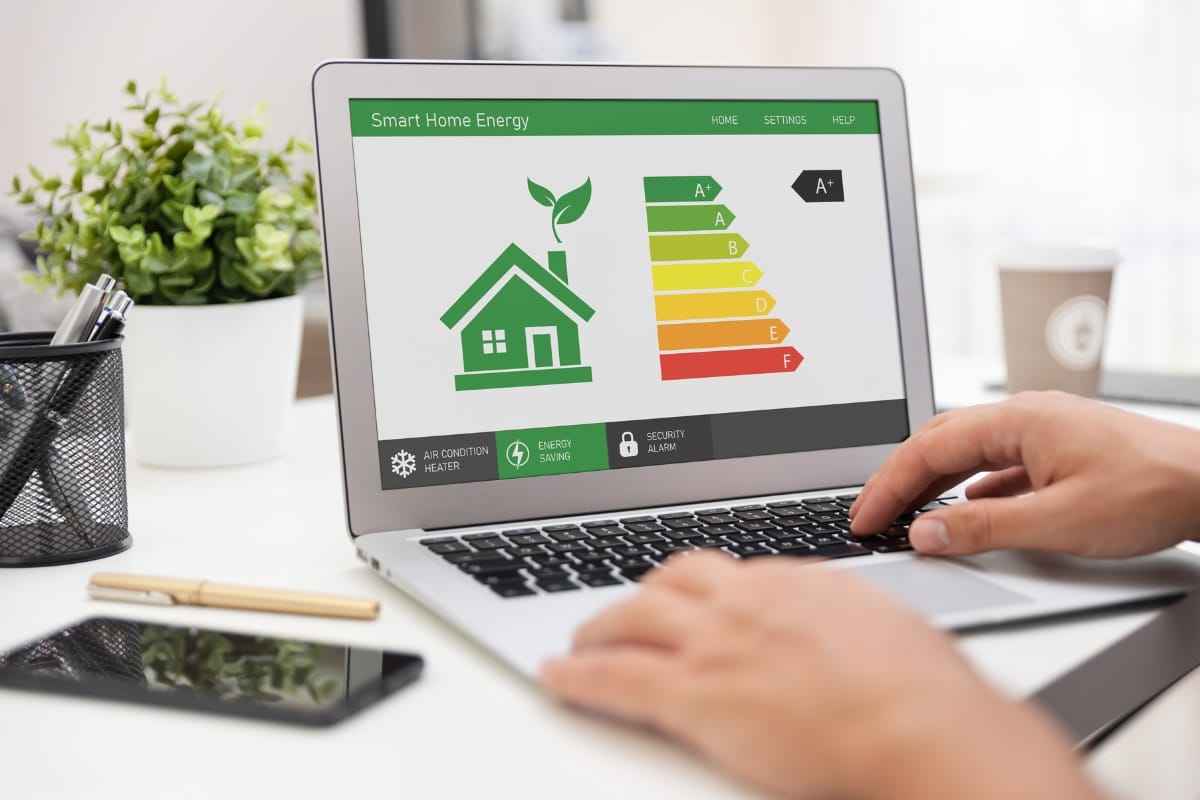
Energy efficiency has become a top priority for both buyers and sellers in today’s real estate market, and upgrading an HVAC system is one of the most impactful ways to enhance a property’s appeal. Modern HVAC systems that meet or exceed current energy efficiency standards not only reduce utility bills but also contribute to a more sustainable lifestyle, making them a key selling point for eco-conscious buyers.
For buyers, an energy-efficient HVAC system provides the potential for long-term savings. Lower energy consumption means reduced monthly expenses, which can make a significant difference over time. Additionally, these systems often offer advanced features like programmable thermostats and zoned heating and cooling, further enhancing comfort and efficiency.
Sellers, on the other hand, benefit from the increased marketability of their property. An energy-efficient system can boost the home’s value, allowing sellers to command higher prices.
Moreover, showcasing these upgrades during property listings can attract a larger pool of buyers, particularly those who are environmentally conscious or looking to minimize long-term costs. Investing in HVAC upgrades can create a win-win situation, offering cost savings for buyers and increased property value for sellers.
Leveraging HVAC Inspection Reports for Better Decision-Making
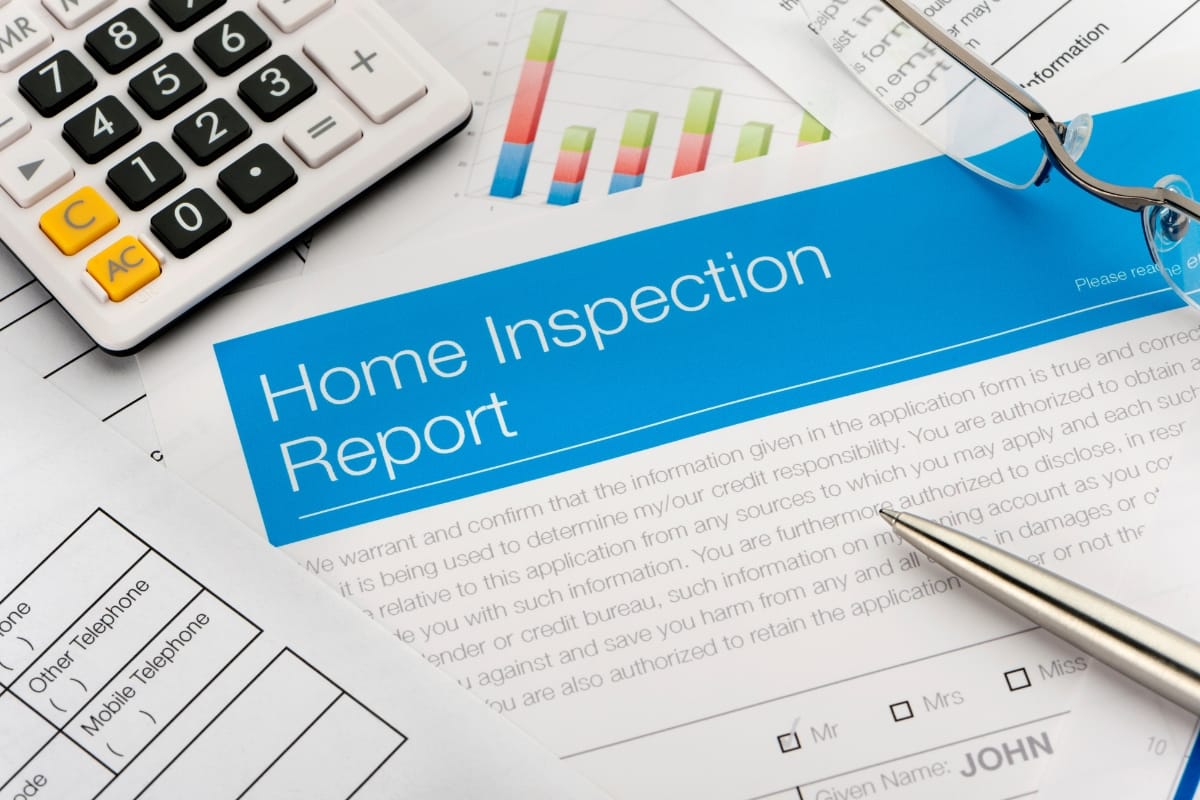
HVAC inspection reports offer crucial insights that can guide both buyers and sellers in making informed decisions during a real estate transaction. These reports provide a detailed assessment of the HVAC system’s condition, highlighting any potential issues, inefficiencies, or areas in need of repair.
By understanding the state of the system, buyers can better evaluate the overall value of the property and, if necessary, negotiate repairs, replacements, or price reductions based on the report’s findings.
For example, if the inspection reveals a system near the end of its life or significant energy inefficiencies, buyers may request the seller to cover part of the replacement cost or adjust the sale price to account for future expenses.
For sellers, leveraging these reports proactively can be a strategic advantage. By addressing issues before listing the property, sellers can present a well-maintained home, which may enhance its appeal and reduce potential negotiation hurdles.
Providing prospective buyers with recent inspection reports also builds trust, demonstrating transparency and giving confidence that the HVAC system has been properly maintained. Ultimately, using HVAC inspection reports effectively helps both parties streamline the negotiation process, ensuring a smoother transaction.
Conclusion: Maximizing Property Value Through Comprehensive HVAC Inspections
Whether you’re buying or selling a property, don’t overlook the importance of an HVAC real estate inspection. It’s an investment that pays off by providing comfort, energy efficiency, and peace of mind throughout your real estate journey.
When it comes to ensuring the performance and value of your HVAC system during a real estate inspection, trust the experts at CoolPro Heating & Cooling. Our thorough HVAC services guarantee peace of mind and help you make informed decisions about your property. Reach out to us today by filling out a service request through our contact form or call 770-694-6232 and keep your home comfortable and efficient!

